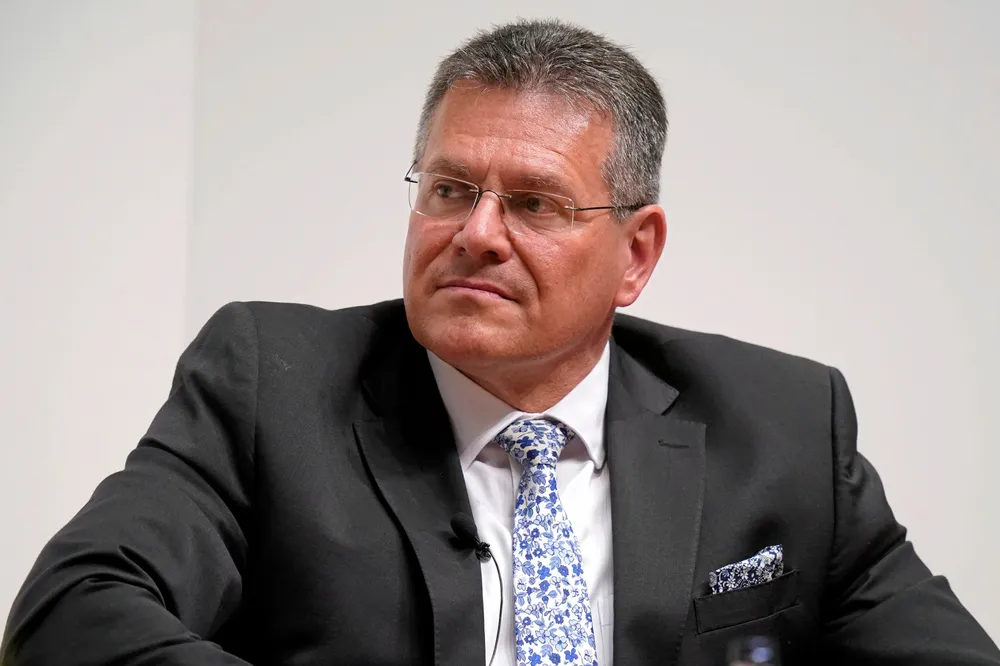EU raises European Hydrogen Bank bid ceiling to €4.5/kg — but most green H2 projects will have to settle for less
Auction will prioritise bigger, cheaper schemes that will accept the lowest fixed premium subsidy

Auction will prioritise bigger, cheaper schemes that will accept the lowest fixed premium subsidy
